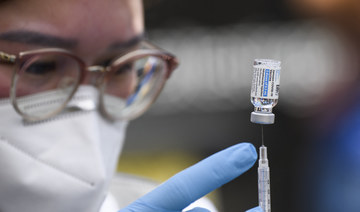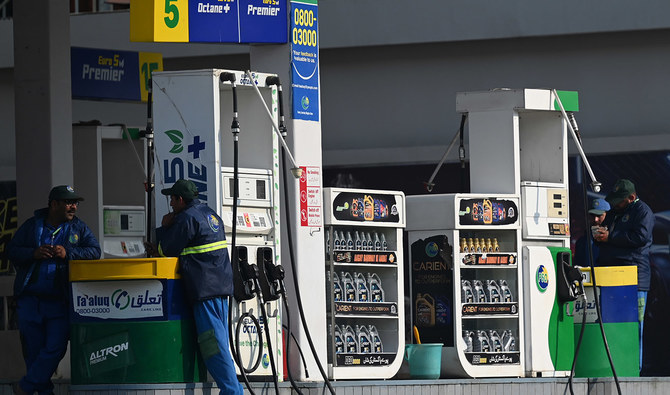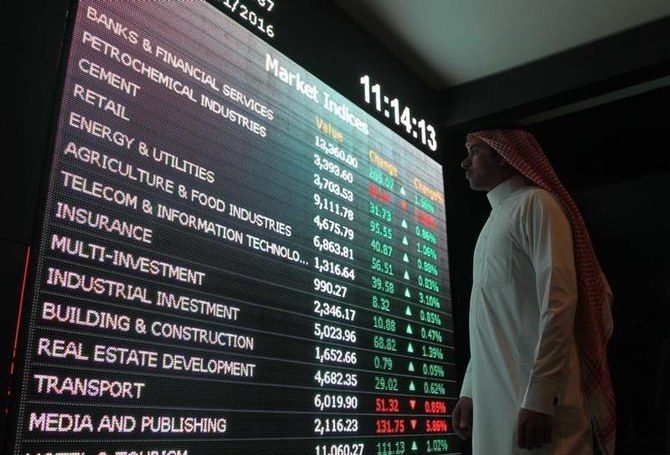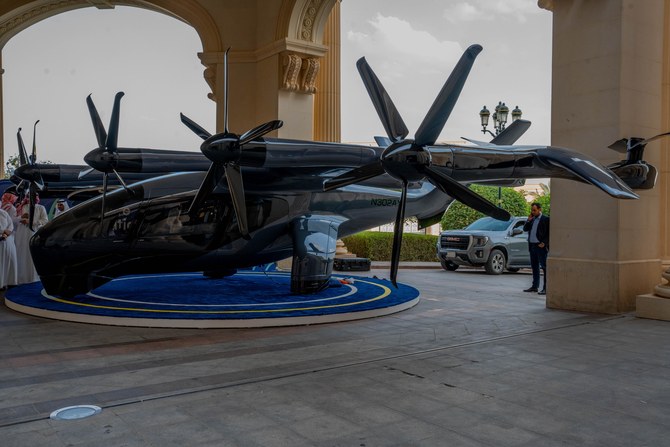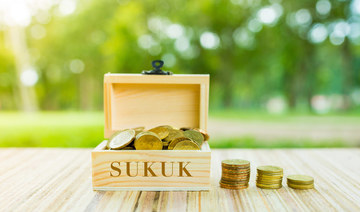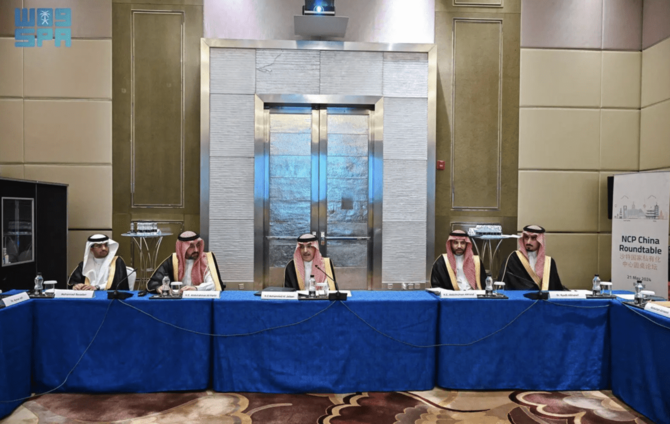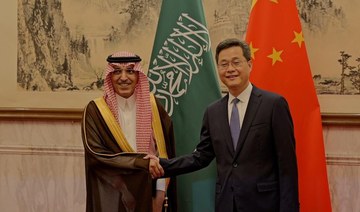RIYADH: Johnson & Johnson, the global medical technology provider, is providing digital solutions that will shorten the time spent by patients in hospitals.
According to Marzena Kulis, managing director of Johnson & Johnson MedTech Middle East, the move is crucial in countries with lower bed capacity.
“The digital solutions that we currently offer help to shorten the time of patients’ stay, so the capacity can absorb more patients, especially in the geographies where capacity is limited,” Kulis said in an exclusive interview with Arab News.
“Our digital procedure software empowers, for example, surgical teams to design, apply and analyze surgical workflows. It provides valuable data analytics to reduce variability in surgery time, improve procedural efficiency and enhance education approaches,” she said.
Johnson & Johnson MedTech provides a broad range of medical technology devices used in interventional solutions, orthopedics and surgery. Their offerings include products to treat cardiovascular diseases, hemorrhagic and ischemic stroke, and a combination of products supporting hips, knees, trauma, spine and others.
“We want to strengthen this industry by tapping the full potential of technology to save and sustain and improve lives of patients through a wide array of potential technologies that can be applied in the healthcare sector,” she said.

The company’s surgery portfolios include advanced and general surgery offerings. These devices are used predominantly in the professional fields by physicians, nurses, hospitals, eyecare professionals and clinics, according to a statement issued by the company.
“We apply the expertise in medical devices and advanced technology to ensure that our healthcare solutions are smarter, less invasive, and more personalized,” Kulis added.
The healthtech provider participated in the 33rd Annual Conference of the Saudi Heart Association, one of the largest cardiac meetings in the Middle East that were held in Riyadh from Oct. 13-15.
Heart of the matter
The company unveiled its “Get Smart About AFib” global campaign at the conference with cardiac scientists, caregivers, and several cardiac working groups to improve care and treatment for patients suffering from atrial fibrillation, or AFib.
AFib is the most common type of cardiac arrhythmia, and nearly one in four adults currently over the age of 40 across the globe is at risk of developing it. According to statistics from Saudi Health Ministry, cardiovascular diseases account for 37 percent of all deaths in the Kingdom.
The campaign aims to raise awareness of the disease to help reduce risks.
The health campaign will specifically focus on supporting education and detection of the life-threatening AFib condition that impacts nearly 40 million people globally.
Johnson & Johnson MedTech has been operating in the region for a couple of decades, establishing a headquarters in Riyadh back in 2017, along with two other offices in Jeddah and Dammam.
The US-based company employs around 180 people in Saudi Arabia, nearly half of them Saudis, with a target to increase its Saudization rates by 20 percent in the next couple of years.
“We are getting close to 50 percent in our medtech business, and we aim to grow by 10-20 percent in the next year or two,” said Kulis.
Kulis believes that the Saudi market is steadily growing and becoming one of the largest emerging markets for Johnson & Johnson.
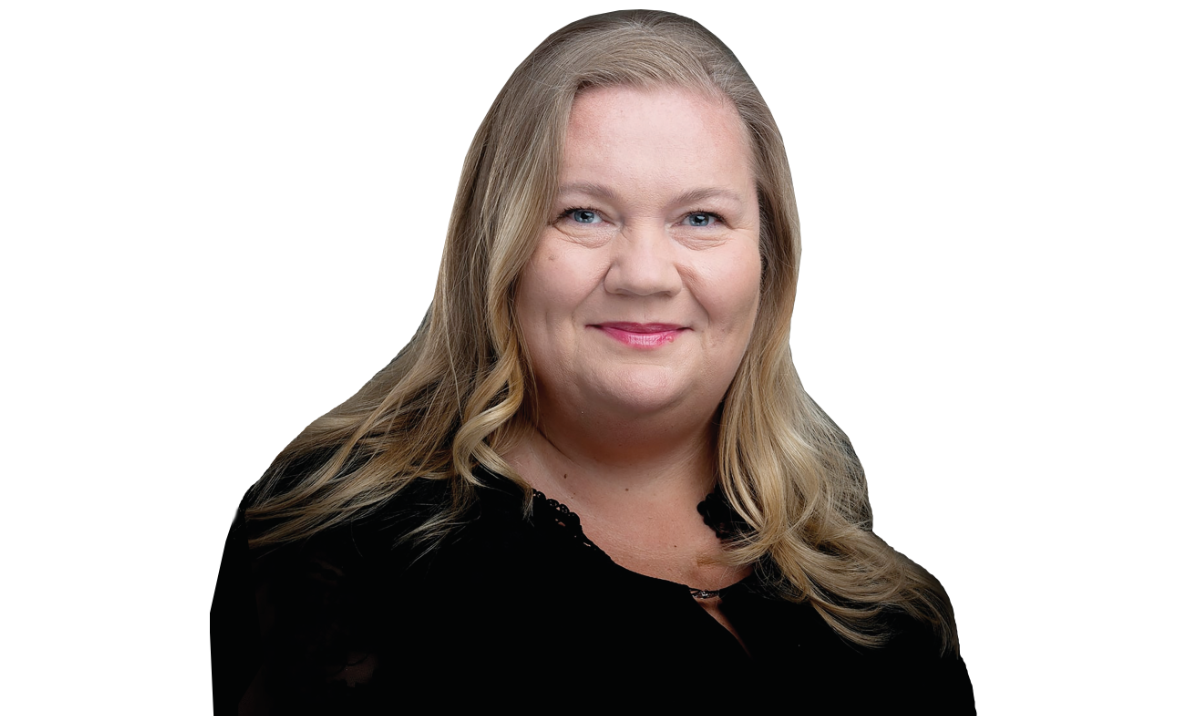
The digital solutions that we currently offer help to shorten the time of patients’ stay, so the capacity can absorb more patients, especially in the geographies where capacity is limited.
Marzena Kulis, Johnson & Johnson MedTech Middle East managing director
Saudi Arabia is planning to build medical facilities worth $13.8 billion by 2030, according to Faisal Durrani, Knight Frank’s partner and head of research in the Middle East.
“Vision 2030 has sharpened the focus on the public realm, liveability and habitability of Saudi cities. Wellness and well-being sit at its heart, with $13.8 billion worth of medical facilities expected to be built by the end of the decade,” Durrani told Arab News.
Digital health
The expenditure is part of a more comprehensive plan to invest $66.67 billion in the Kingdom’s healthcare infrastructure and boost private sector participation to 65 percent by 2030, targeting the privatization of 290 hospitals and 2,300 primary health centers.
“We look into the development of healthcare in the countries we operate in, and the healthcare market in Saudi Arabia is steadily growing, and we’ve seen and observed that for decades, and the forecast is to continue growing for the next decades as well,” Kulis said.
The Kingdom is expected to be the fastest-growing digital health market in the Gulf Cooperation Council, with the government allocating $1.5 billion for healthcare information technology and digital transformation programs.
Saudi Health Minister Fahad Al-Jalajel said during the opening of the digital event of the Healthcare Information Management Systems Society last year that digital technologies were one of the essential tools for dealing with the pandemic.
It helped develop the first interactive map of COVID-19 data, providing accurate statistics and employing AI to analyze data and make national strategic decisions.
The Kingdom is allocating about 14.4 percent of its 2022 budget to healthcare and social development, which amounts to $36.8 billion, the third largest expense after education and military, according to Dubai-based Omnia Health, a global medical directory.
With life expectancy in Saudi Arabia projected to increase from 76.4 to 81.8 years by 2050 and the Kingdom’s population expected to grow to 39.4 million by 2030, increased investment in the healthcare infrastructure and innovation is necessary to drive strong growth in the Kingdom’s healthcare sector, the medical directory reported.




